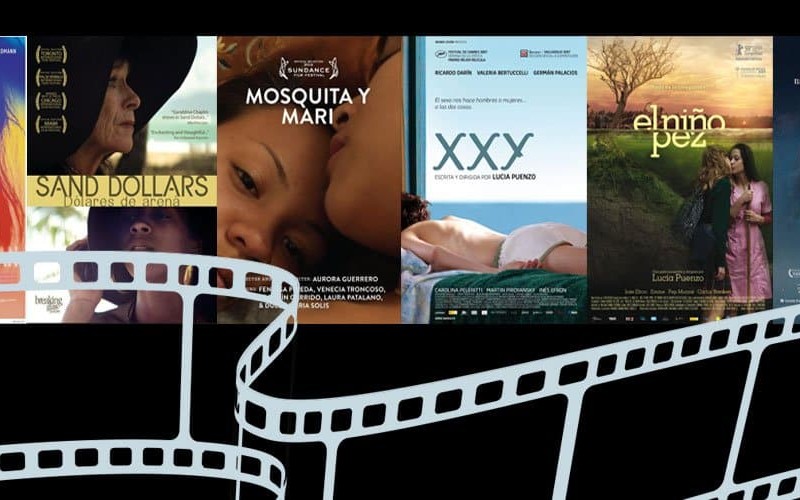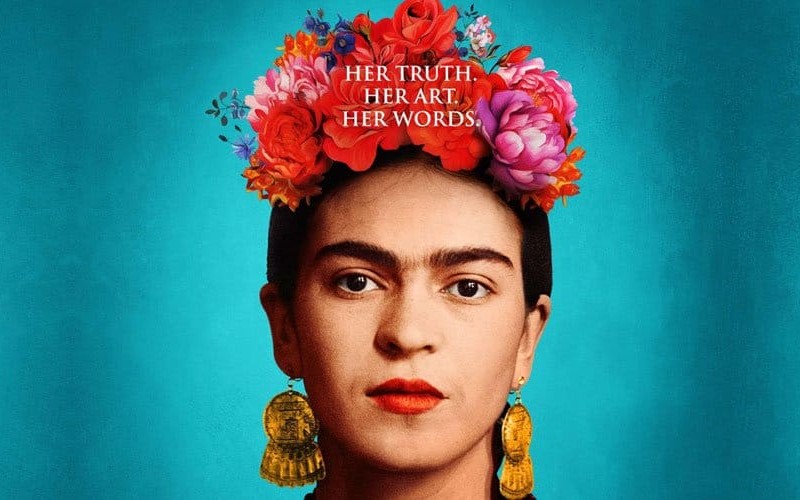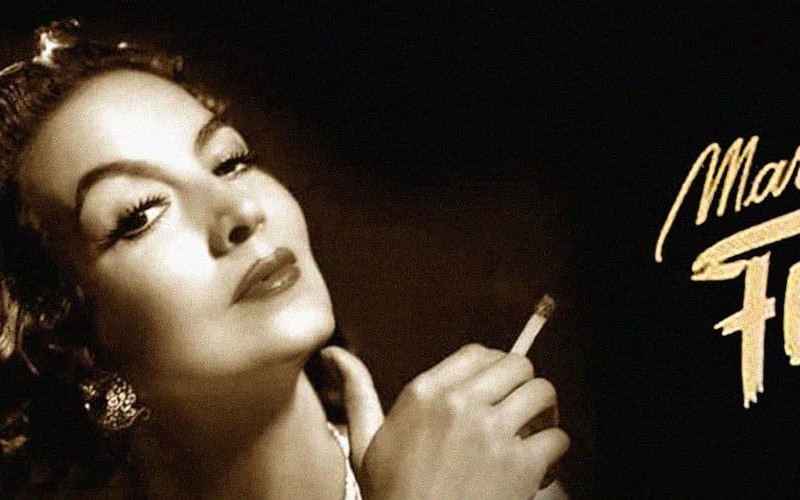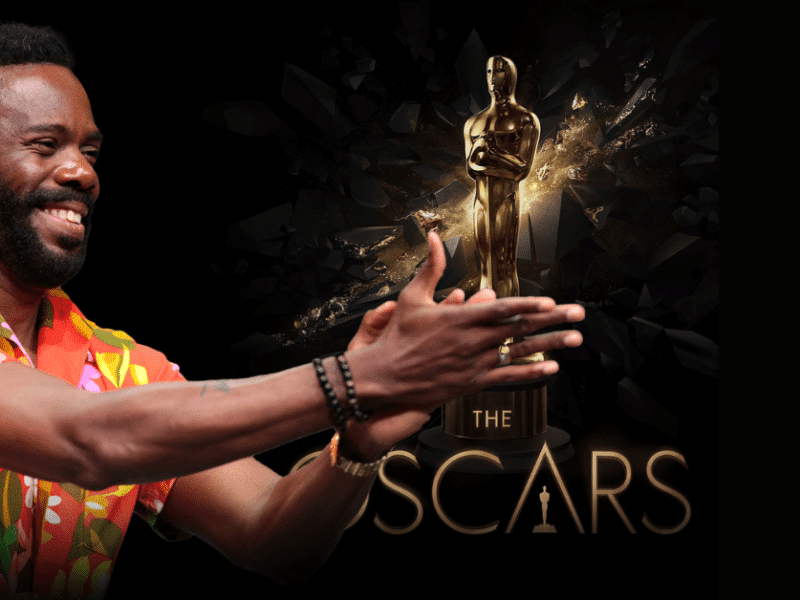Why Latino Actors and Artists Often “Whitewash” Their Names
In glitzy Hollywood, where success often hinges on image and perception, many Latino artists and actors have felt compelled to transform their typically "ethnic-sounding" names into more anglicized ones. But what drives this phenomenon?










